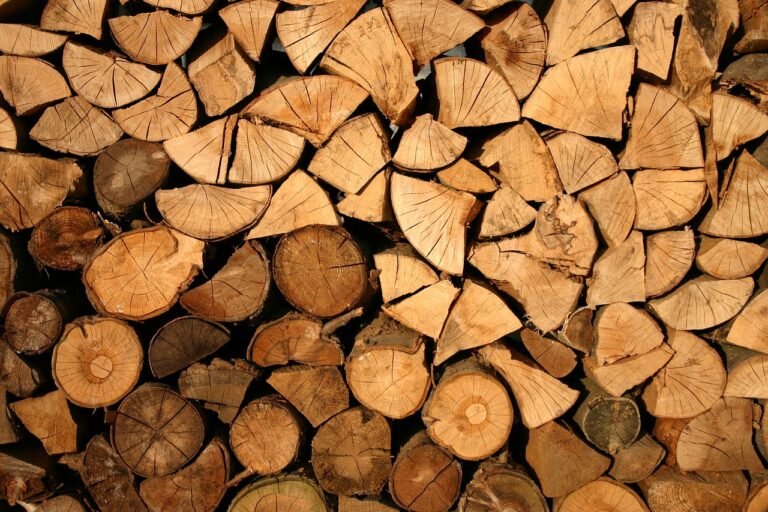Order Direct from the Manufacturer
What are heat logs?
Understanding Heat Logs: The Future of Sustainable Heating
What are heat logs? In the quest for sustainable and eco-friendly heating solutions, heat logs have emerged as a novel and efficient alternative to traditional firewood. These compressed, clean-burning logs are gaining popularity for their environmental benefits and convenience. In this article, we’ll delve into what heat logs are, how they work, and why they’re becoming a go-to choice for environmentally-conscious individuals.
What Are Heat Logs?
Heat logs, also known as compressed wood or eco logs, are a type of fuel made from recycled wood waste, typically sawdust and wood shavings, which are compacted under high pressure without the use of additives or chemicals. The resulting logs are cylindrical in shape and vary in size, but are generally easy to handle and store. They offer a sustainable, energy-efficient, and eco-friendly alternative to traditional firewood.
Eco-Friendly Credentials
One of the primary attractions of heat logs is their impeccable eco-friendly credentials. By using recycled wood materials, they divert wood waste from landfills and reduce the need for virgin timber. This helps conserve forests, promote sustainable forestry practices, and decrease the overall carbon footprint associated with wood fuel. Additionally, the manufacturing process typically produces lower emissions compared to traditional firewood.
Efficient and Clean-Burning
Heat logs are known for their efficiency and clean-burning characteristics. Their dense composition ensures a slow, consistent burn, resulting in minimal ash and emissions. They release significantly fewer particulates and pollutants into the atmosphere, making them an environmentally responsible choice for heating. Furthermore, the lack of additives or chemicals means there are no harmful fumes or residues, enhancing indoor air quality.
High Energy Density
Heat logs boast a high energy density, which means they produce substantial heat output per unit of fuel. This characteristic makes them an excellent choice for both residential heating and industrial applications. Many users find that they can heat their homes more effectively and efficiently with heat logs, reducing overall energy consumption and costs.
Convenient and Easy to Store
Heat logs are incredibly convenient and easy to store. Their compact size and uniform shape make them stackable, allowing you to maximize storage space. Unlike traditional firewood, they do not require a large storage area, making them an excellent choice for urban and small-space living. Heat logs are also free from pests and fungi, eliminating the need for drying or seasoning, further simplifying their use.
Versatile Applications
Heat logs can be used in a variety of heating appliances, including wood-burning stoves, fireplaces, and outdoor fire pits. They are versatile and adaptable, offering flexibility in how you choose to heat your space. Many homeowners have found that heat logs provide a reliable and consistent source of heat during the winter months.
Cost-Effective
While the upfront cost of heat logs may be slightly higher than traditional firewood, their energy efficiency and clean-burning properties often result in long-term cost savings. You’ll require fewer logs to maintain a comfortable temperature, and the reduced need for chimney cleaning and maintenance can also save you money over time.
Conclusion
Heat logs represent a modern and eco-conscious approach to heating, offering numerous advantages over traditional firewood. Their eco-friendly production, efficiency, clean-burning qualities, ease of storage, and versatility make them a compelling choice for those looking to reduce their environmental impact while enjoying a comfortable, sustainable, and cost-effective heating solution. As the world continues to seek greener alternatives, heat logs are undoubtedly at the forefront of the future of sustainable heating.



